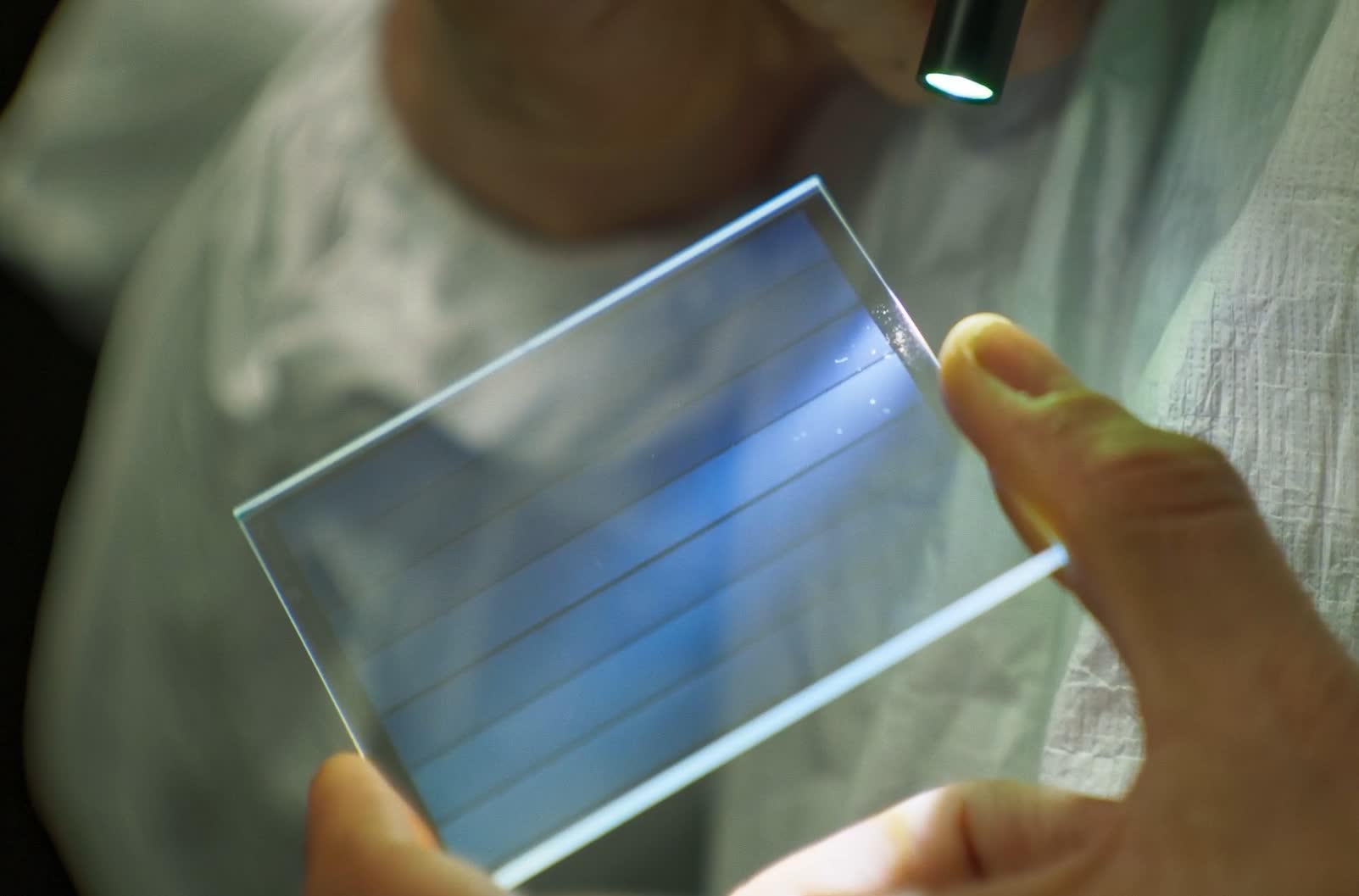Recap: It's been nearly four years since we first heard about Project Silica, a Microsoft Research project tasked with storing digital data on sheets of glass. At the time, Microsoft was able to successfully store a copy of Superman (1978) on a piece of glass roughly the size of a drink coaster.

The technology has advanced significantly since then, to the point that it can now store upwards of 7 TB of data and preserve it for around 10,000 years. Put another way, a single glass plate can store roughly 3,500 movies – enough to watch non-stop for over half a year – or approximately 1.75 million songs (about 13 years' worth of music).
Microsoft is also repositioning the project as a cloud storage solution rather than an avenue of storage designed specifically for entertainment companies, and also as a sustainable storage solution.
Magnetic media has a finite lifetime meaning that after a set number of years, data stored on tape drives will need to be copied over to a new drive to ensure it persists. That gets expensive in the long run, and it is not exactly great for the environment either.
With Project Silica, data is written to glass using a laser system and is encoded using voxels, or 3D pixels. When data needs to be read, a computer-controlled quick-moving microscope gathers the information which is then passed along to AI for decoding.
Glass is far more resilient than magnetic media and can stand up to environmental hazards like water, extreme temperatures, and even surface scratches. Microsoft has even developed a hi-tech robot that can automatically find and retrieve glass panels when data is called upon, although the robot does introduce a whole new set of failure points that need to be weighed.
Microsoft still has a lot of work to do before Project Silica is ready for prime time. Experts tell the company that 3-4 more developmental stages are needed before the tech is ready for commercial use.
https://www.techspot.com/news/100521-microsoft-project-silica-now-cloud-storage-solution.html